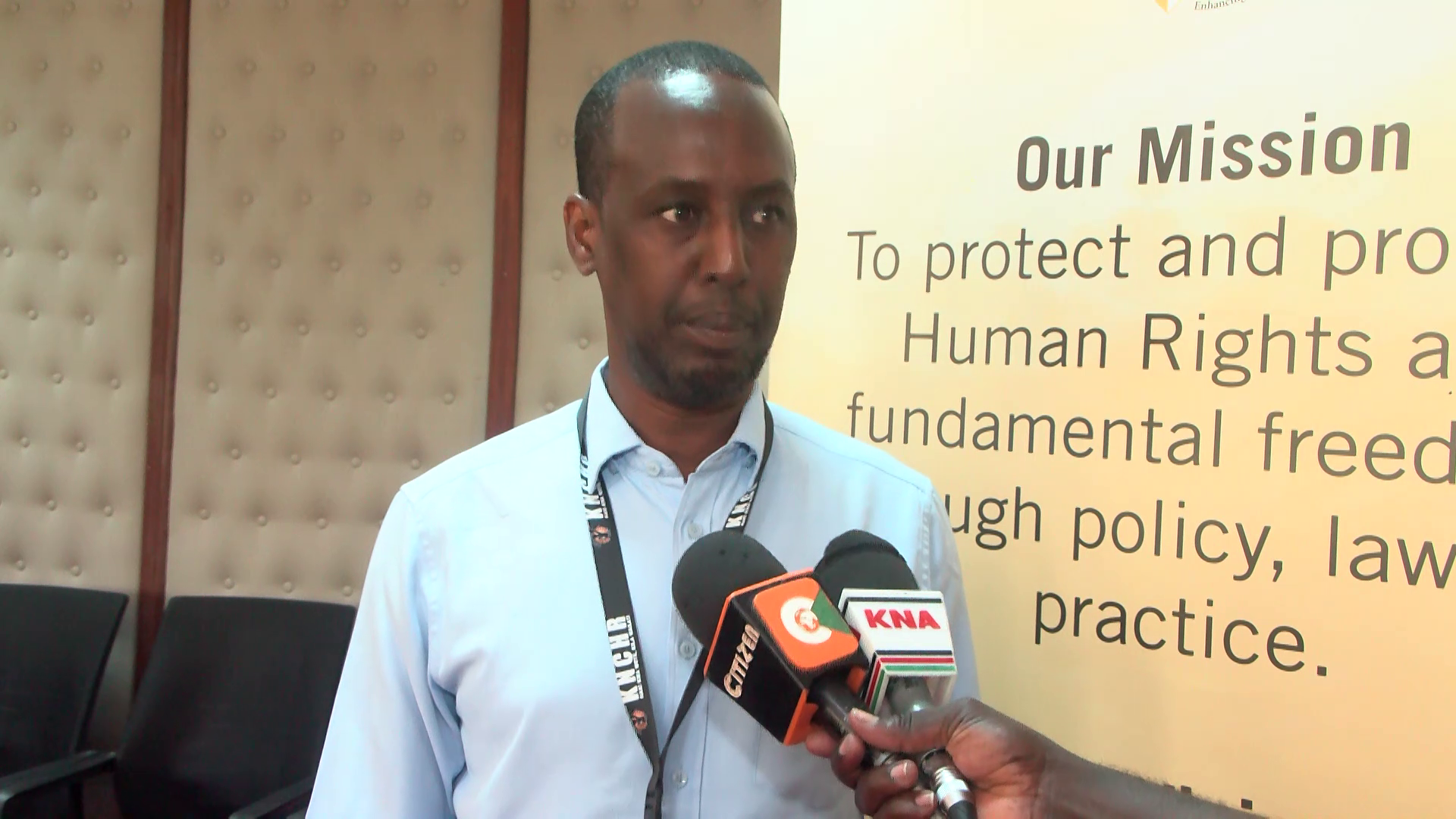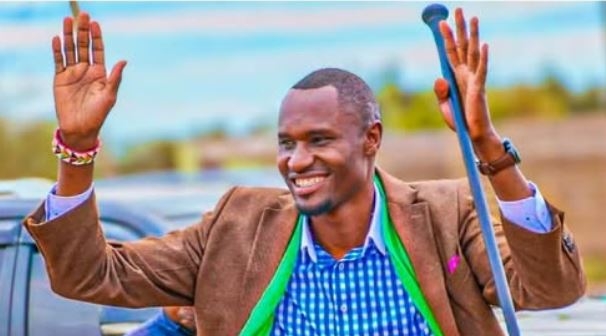

 Hassan Abdi Omar, North Eastern region KNCHR coordinator/STEPHEN ASTARIKO
Hassan Abdi Omar, North Eastern region KNCHR coordinator/STEPHEN ASTARIKOThe Kenya National Commission on Human Rights has urged journalists in Northeastern to remain firm and fearless in reporting on human rights violations, saying their role is critical in bringing hidden injustices to light.
Speaking during a one-day training
session for journalists in Garissa county, KNCHR deputy director Linet
Mwanchiro emphasised the media’s power to expose violations that might
otherwise go unnoticed. She urged reporters to act not only as observers
but as agents of change.
“The role played by the media in this regard cannot be overstated. You are not simply reporters—you are agents of change. My challenge to you today is to remain steadfast, principled and continue being the lens through which Kenya sees itself, and the voice through which its conscience speaks,” she said.
The training was organised by the commission as part of its ongoing efforts to strengthen collaboration with the media and deepen public awareness around human rights issues.
Among the most
pressing challenges facing the region are enforced disappearances,
extrajudicial killings, arbitrary arrests, torture, discrimination,
gender-based violence and human trafficking.
Mwanchiro reaffirmed KNCHR’s
commitment to working closely with journalists to ensure such violations do not
go unnoticed—or unaddressed.
Northeastern KNCHR coordinator Hassan Omar praised journalists for their unwavering efforts to bring human rights cases to public attention.
“As a commission, we want to sincerely thank you for the work that you continue to do. You remain the voice of the voiceless—those whose stories might otherwise remain hidden," he said.
"Your steadfast commitment to shining a light on human rights violations is essential, especially in regions like Northeastern Kenya, where awareness and visibility are often low.”
Daniel Mule, the commission’s deputy
director for communication, stressed the importance of civic education in regions
where low literacy and limited access to information often prevent communities
from recognising abuses or seeking redress.
He encouraged journalists to adopt a
human-rights-based approach in their storytelling, grounded in the principles
of participation, non-discrimination, equality, transparency, accountability and the rule of law.
Mule also reminded journalists of
the importance of professionalism and ethical reporting, cautioning against
covering matters already before the courts.
Journalists working in the region,
however, noted reporting on human rights can come with its own set of
challenges.
Abdimalik Hajir, a journalist with the
Standard newspaper based in the region, recounted the difficult conditions
many reporters face while covering sensitive stories.
“We have sometimes faced
intimidation, restricted access, or safety risks. Our appeal to the KNCHR and
the Media Council of Kenya is that they remain steadfast in ensuring our rights are
equally protected. We promise to continue amplifying stories of human rights
violations,” he said.
The session concluded with a renewed commitment from both the commission and journalists to continue working together to promote justice, accountability, and human dignity in the Northeastern region.















